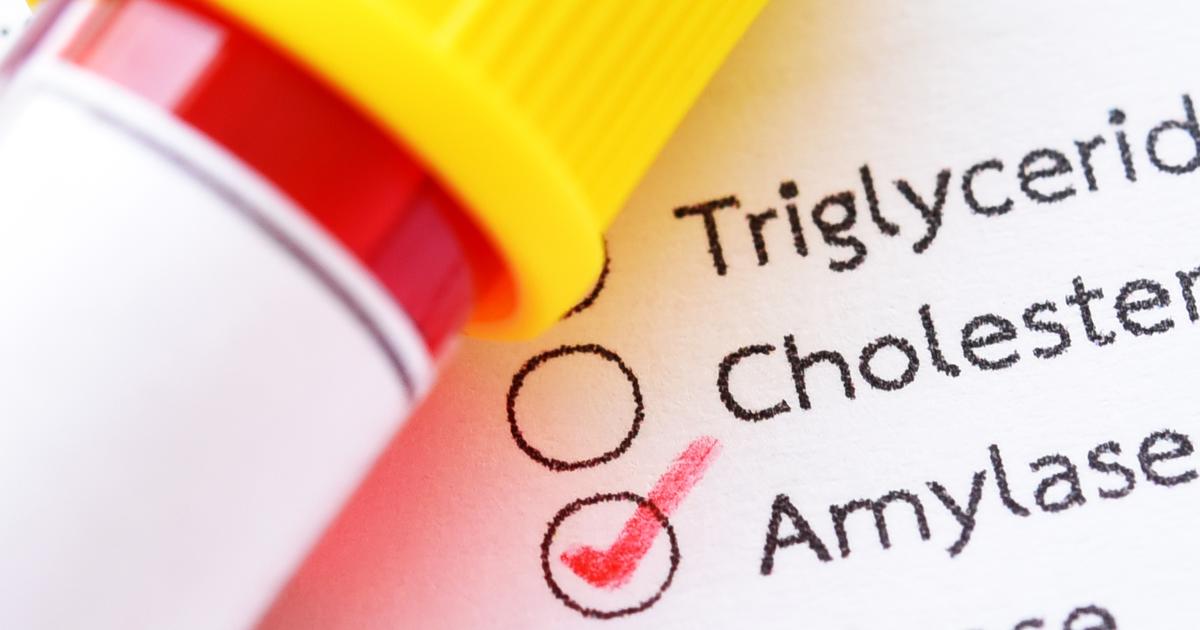Guide To The Causes Of Pancreatitis
Pancreatitis is an illness where severe inflammation develops in the pancreas. The pancreas is a large gland located behind the stomach that produces hormones responsible for regulating how the body metabolizes glucose and enzymes that assist with digestion. Acute pancreatitis is a sudden and severe inflammation of the pancreas that lingers for days, and chronic pancreatitis lasts for years. Symptoms of acute pancreatitis include upper abdominal pain, abdominal pain that worsens after eating, rapid pulse, vomiting, back pain, fever, nausea, and tenderness when the abdomen is touched. Symptoms indicative of chronic pancreatitis include upper abdominal pain, unintentional weight loss, and steatorrhea. Pancreatitis diagnosis is made with the use of blood tests, stool tests, CT scans, abdominal ultrasound, endoscopic ultrasound, and MRIs. Treatment of pancreatitis may consist of fasting, pain medication, intravenous fluids, bile duct surgery, gallbladder surgery, pancreas surgery, diet changes, enzyme supplements, and alcohol dependence treatment.
Get familiar with what can cause pancreatitis now.
Activated Digestive Enzymes

The pancreas is responsible for producing certain digestive enzymes that move through ducts into the small intestine when food is leaving the stomach. There is a carefully coordinated process that signals the pancreas to produce these enzymes at the perfect time. This process ensures they activate upon moving into the small intestine to assist with digestion. The secreted pancreatic enzymes are chymotrypsin, trypsin, pancreatic lipase, amylase, ribonuclease, deoxyribonuclease, elastase, and gelatinase. A blockage or kink in the pancreatic or bile ducts can cause these enzymes to be unable to reach the small intestine before the activation process begins. This group of digestive enzymes is responsible for breaking down starches, fats, and proteins. To be able to break down these components of the food, these enzymes have to be potent and concentrated. The underlying tissues of the small intestine are protected from the corrosiveness of these enzymes by the mucosal layer in the organ. However, pancreatic tissues do not have this protection when these enzymes become activated. The activation of the enzymes in the pancreatic tissues causes the gland to become severely inflamed and possibly infected.
Keep reading to uncover more causes of pancreatitis now.